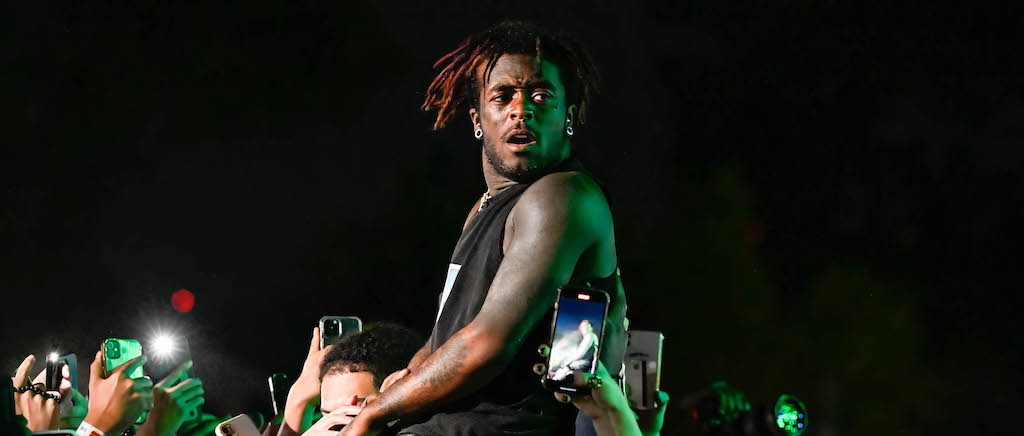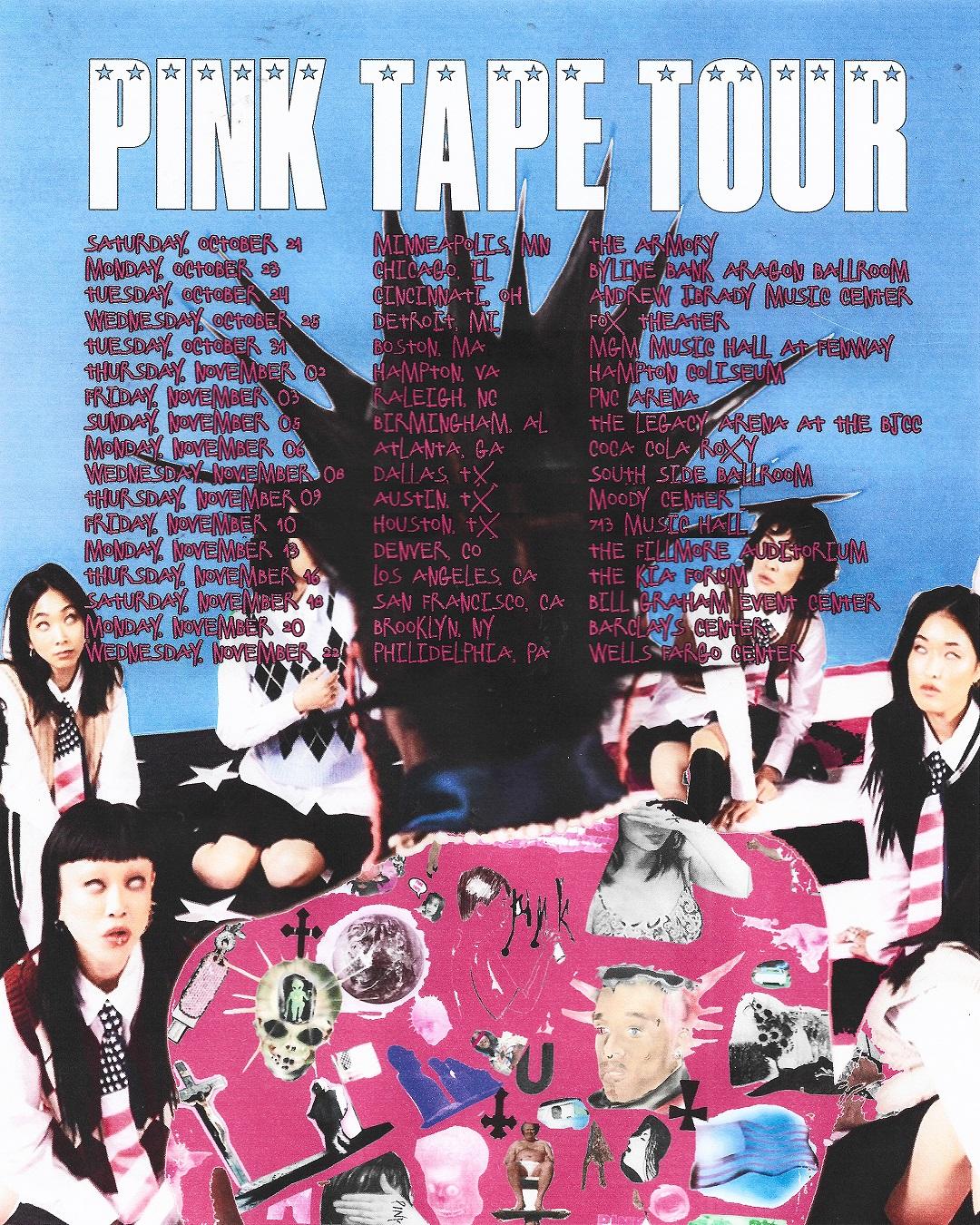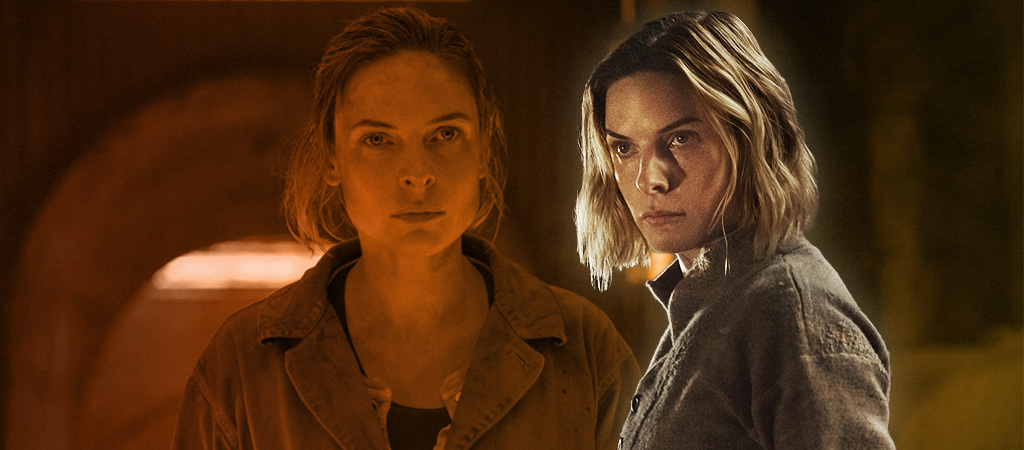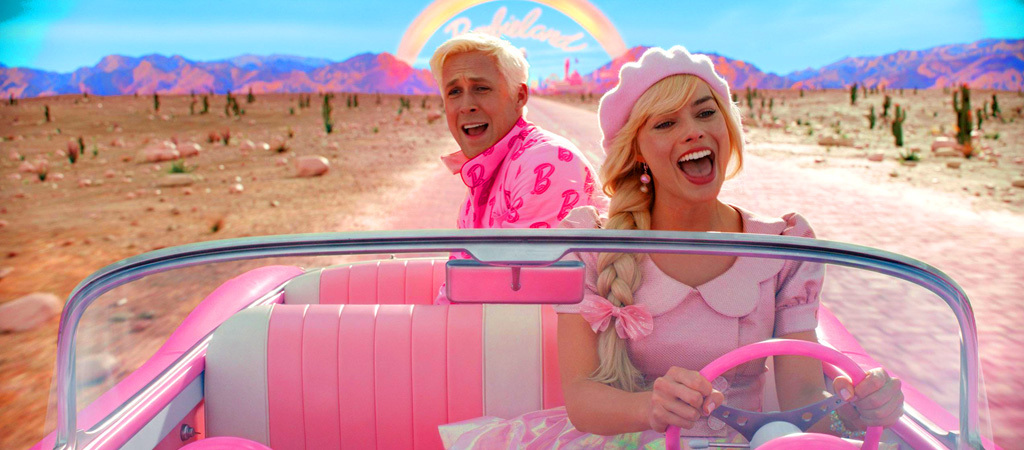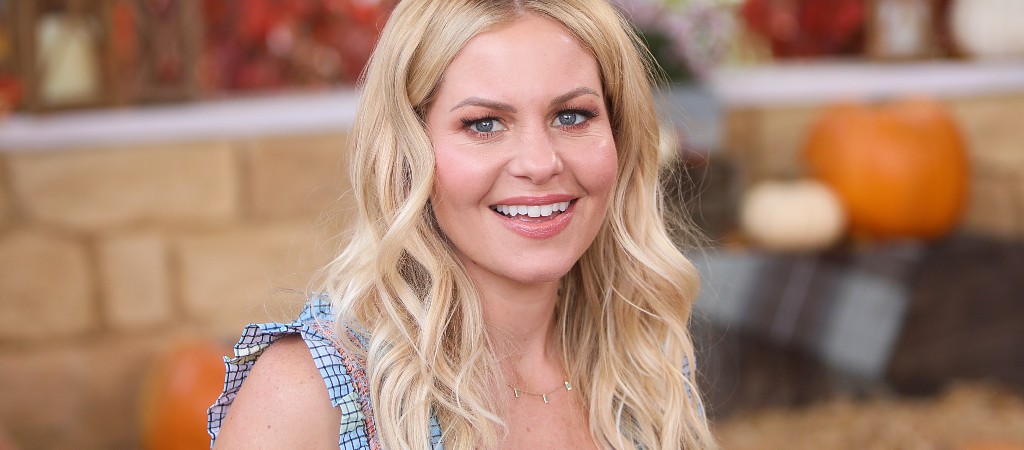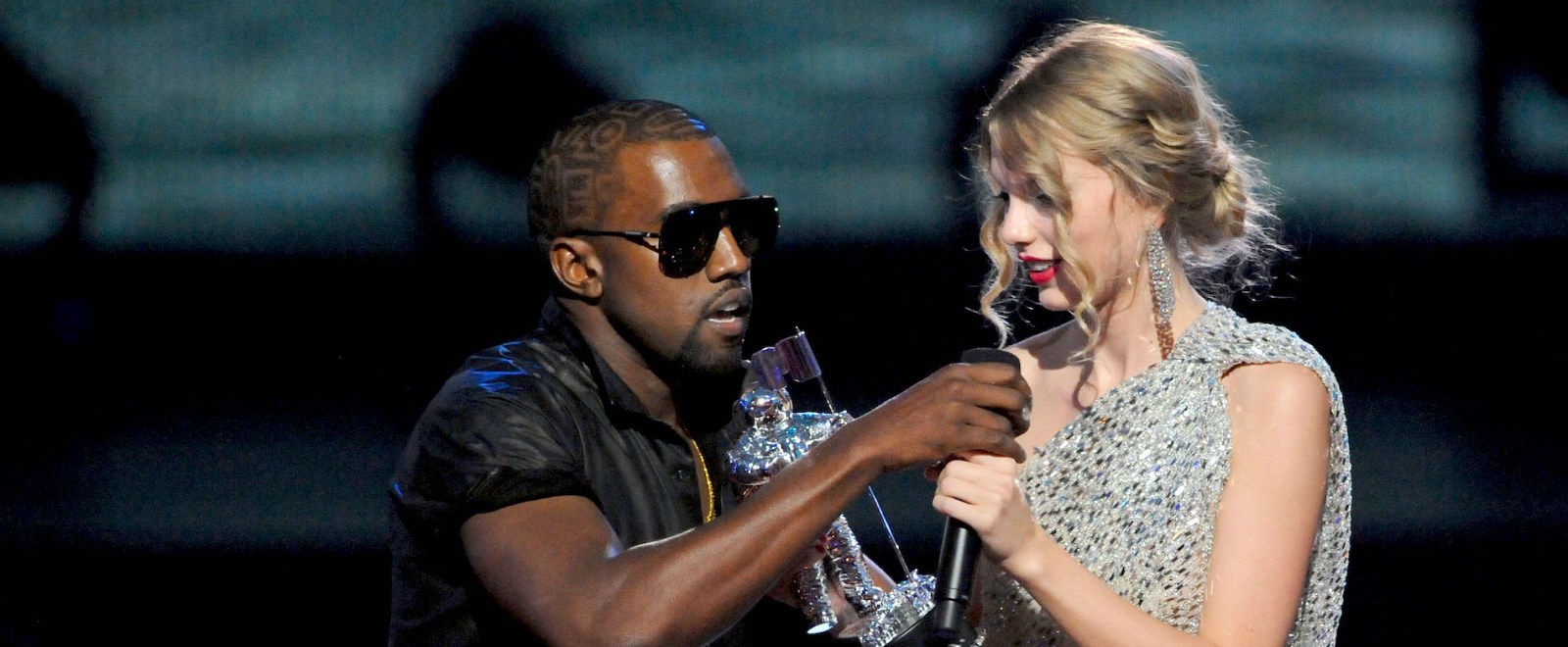Lately, I’ve been starting conversations with complete strangers by launching this pop culture missile. Why aren’t you watching Silo?
When the group chat grows bored of Titanic submersible conspiracies, I resurface it. Why aren’t you watching Silo?
When my parents tell me the Bureau of Labor Statistics announced they’ve added 528,000 jobs this month before asking if I’ve gotten a real one yet. Why aren’t you watching Silo?
When colleagues try to defend The Weeknd’s rattail, when the timeline tries to union bust an obviously motivated group of Orcas, when tasteless trolls question whether Rachel Brosnahan is hot (she is), and when friends debate the correct Barbenheimer binge-watching order. Why aren’t you watching Silo?
There are variations of the question, new methods of interrogation. Have you watched Silo yet? Are you caught up on Silo? What episode of Silo are you on? But they’re all uttered with a kind of dismayed disappointment that the Apple TV+ project isn’t the sci-fi series on everyone’s lips at the moment.
An adaptation of Hugh Howey’s singular work of fiction, the Rebecca Ferguson starring vehicle takes a familiar concept – life after the end of the world – and makes it novel once more. It’s a show that understands Dystopia Fatigue is real, that post-apocalyptic suffering has lost the strange, exotic luster that made it so appealing just a decade ago – before societal collapse, government overreach, and global disasters were so tangible, so immediate, and so pedestrian. It skirts genre traps by confining its characters in a claustrophobic setting and tasking them with not just surviving, but solving murder mysteries and larger conspiracies that keep them … well, siloed – from each other and from the outside world. *whispers Why aren’t you watching Silo?
Set hundreds of years in the future, the show’s basic premise centers on a collection of around 10,000 people – the last remnants of humanity – living below the earth’s crust in a kind of inverted skyscraper, a yawning 144-level structure buried deep beneath the surface. When the series begins, few know how they came to be in the silo or why they commemorate a failed rebellion every year but most have memorized The Pact, a set of rules for peaceful cohabitation, and all understand that expressing interest in going “outside” is a death sentence that can’t be reversed. We see proof of that early on as characters you’d expect would have major roles throughout the season end up choking on the toxic dust that makes the planet’s topside uninhabitable by the end of episode one. Characters like Allison (Rashida Jones), the sheriff’s wife who, in her struggle to get pregnant, uncovers proof that the ominous, unknowable authority controlling the silo has been gaslighting citizens in order to keep the unfit from procreating and the ungovernable from questioning too much. She’s both – a rebellious and curious mind whose frenzied search for the truth ends with an act seen as suicidal by her friends and her husband (played by David Oyelowo). Allison chooses to “clean” — a term that alludes to a person’s final act once freed from the underground bunker in which they wipe the structure’s aboveground sensors so that those within the silo can clearly see the thing they should fear — and her self-assured act thrusts the entire ecosystem of the silo into chaos. Her husband follows her years later, lasting long enough to investigate the possible murder of a man Allison trusted with the truth before she did him and allying himself with a brilliant, disaffected mechanic named Juliette (Ferguson) who serves as the true protagonist of this story.
That this all happens over the course of the show’s first episode is yet another mark in the sci-fi experiment’s favor. Silo quickly establishes its stakes by unceremoniously dropping us into the lives of people like Allison and Sheriff Holston, allowing us to experience their pain, confusion, and grief, to come to care for them, before abruptly ending their journeys. We understand the drama is heightened, the risks are real, because we’ve seen the consequences of dissidence and an unquenchable thirst for knowledge, firsthand. It makes meeting Juliette in the Down Deep — a place miles below the cushy, relatively comfortable living quarters these doomed characters enjoy where mechanical engineers responsible for keeping the silo running live in grime and grim lighting – more nerve-wracking. She’s our hero (of sorts) but she’s not infallible or protected by plot armor. We’ve learned that lesson too well.
Why aren’t you watching Silo?
The show delights in taking its time, squeezing every bit of tension from hour-long episodes that feed us key story details, murder clues, and character-fleshing flashbacks at an almost glacial pace. There’s action in-between – the series’ third episode focuses solely on Juliette’s seemingly impossible task of fixing a broken turbine responsible for powering the silo. As all 144 floors are enveloped in darkness, she fights to fix the machine’s bent parts in a thrilling race against the clock that feels destined to end in someone’s demise – probably her own.
But even dizzying foot races down the silo’s central staircase – the main “highway” connecting its many levels – and shadowy standoffs that end in bloodshed and still bodies can’t compete with the twists and turns the show’s driving narrative delivers. Silo can take its time, burning its plot slow and steady, because it knows where it’s going and, more importantly, it knows its audience doesn’t. When you think you’ve cracked a character’s intent and endgame, the show springs a new villain, a new catalyst, or a new path that’s been unassumingly lurking at its fringes.
As Juliette, Ferguson shoulders much of the burden in guiding us through this maze of treachery and intrigue. She’s an outsider to the Up Top and, like us, she’s learning to navigate its complex, unstated hierarchy as she hides her true motives for accepting the position as sheriff once Holston dies. As she seeks to solve one mystery, dozens more are unearthed to replace it, and Ferguson must tie those threads together by making us care to keep up. She does – deftly balancing the physical demands of playing detective in a cavernous, insulated colony where one wrong step plummets you miles closer to the earth’s core with the emotional gravitas needed to make Juliette’s mission one we can root for.
Ferguson’s always been too underrated for my liking but she owns her moment here, playing a more interesting, nuanced version of the “strong female character” stereotype we’ve come to expect from the genre. Cast additions like Common as a judicial enforcer, Tim Robbins as a suspicious IT head, Harriet Walter as a reluctantly maternal recluse, and Chinaza Uche as a by-the-book deputy that both foils and aids Juliette’s quest, add to the story in confusing, impressive, unexpected, and surprising ways (in that order). They exist in their own orbits, hiding life-changing secrets, pulling societal strings, battling past demons, and deciphering their own moral codes as Juliette’s presence challenges their status quo. And when riddles are solved, investigations closed, Silo pivots focus once more, proving moments we thought were monumental and plot details we assumed had been dissected to their bones, were simply smaller threads in a larger tapestry.
The show recently wrapped its first season, posing even more questions as it set about expanding its world. Juliette’s forced exile and shocking discovery, the threat of rebellion in the Down Deep, the notion that humanity might not be as close to extinction as first believed — these are all building blocks for a second season that’s already in production and appears to be following the template from Howey’s beloved books. So, despite some crafty cliffhangers, it’s likely fans will be gifted answers, possibly even resolutions, to the mysteries surrounding this self-contained world in the future. For now, our only job is to enjoy watching the show place its pieces on the board as we puzzle over potential moves and countermoves – a dystopian game of chess that feels revolutionary given what’s left on TV at the moment.
So, tell me again, why aren’t you watching Silo?
